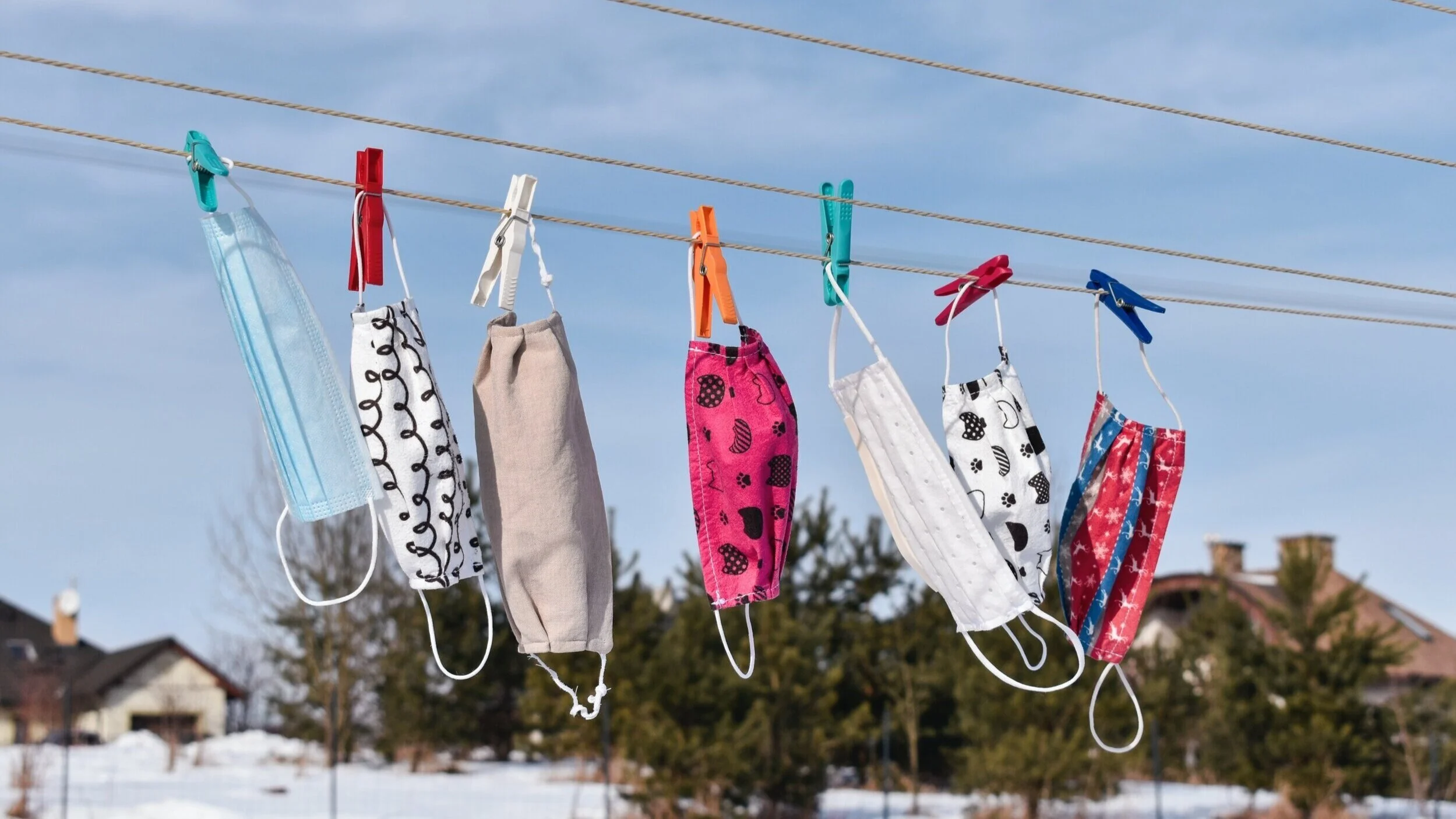The Environmental Impact of Disposable Masks
The COVID-19 pandemic introduced the world to the daily usage of disposable masks. While masks are fundamental for preventing and limiting the spread of the virus, their mass usage has raised concerns regarding potential damage to the environment. In March of 2020 the World Health Organization projected that the need for disposable masks and gloves would expand to the point that a 40% increase in manufacturing would be required to keep up with demand. As the need for increased personal protective equipment (PPE) continues, researchers are beginning to track the environmental toll of such disposable equipment, while developing multiple solutions to create sustainable gear.
How does PPE Impact the Environment?
Disposable masks and gloves are made from multiple plastic fibres, which have the ability to remain in the environment for centuries due to the length of time it takes for these fibres to break down. In addition, these materials mean that most masks are not recyclable, as they cannot be separated, while disposable masks and gloves worn by healthcare workers in particular are never able to be recycled, instead being disposed of as hazardous medical waste.
While increased waste has been acknowledged since the start of the pandemic, scientists have recently been expressing concern over disposable masks potentially releasing chemical pollutants into the environment. Studies show masks leaching chemicals when submerged in water, mainly from the dyes used in production. Traces of heavy metal have also been found and noted to be bio-accumulative, meaning they will build up in aquatic systems over time. Although only trace levels of these chemicals have been detected, researchers remain concerned, given the mass amount of PPE that is being produced and disposed of.
Solutions
As PPE use continues, so does research to make it more environmentally friendly. For day-to-day use, wearing a reusable cloth mask is recommended, becoming more climate friendly after about 13 washes. By having a reusable mask, individuals can limit their plastic waste impact, and help reduce the demand for disposable masks. Individuals can also take steps to properly dispose of masks by cutting the loops off and ensuring they’re in a plastic bag when thrown out.
While it is necessary for healthcare workers to use disposable masks, there are already multiple solutions being developed to limit waste. Hospitals have implemented decontamination systems, using hydrogen peroxide to sterilize N95 masks and allowing them to be worn for multiple days. Additionally, reusable rubber N95 masks are being developed with the objective of limiting negative effects to the environment. This rubber mask is made of silicone rubber with an N95 filter which can be discarded or sterilized to reuse. It was also found that by adopting reusable mask strategies, production costs and waste in general would be reduced, a positive outcome for businesses, consumers, and the planet alike.
Learn about our affordable carbon footprint solutions for small and medium-sized businesses
Book a free strategy session to discuss your climate goals with a sustainability manager.
About RyeStrategy
Based in Seattle, RyeStrategy is a CDP-accredited, mission-oriented company specialized in carbon accounting, mitigation coaching, and climate disclosure solutions for organizations at any point in their sustainability journey. Learn how RyeStrategy helped Salesforce, Ideascale, and Wazoku achieve their sustainability goals.
From exhaustive carbon footprinting and mitigation coaching, to setting science-based targets and reporting climate data to CDP, SBTi or custom reporting platforms, RyeStrategy acts as a hands-on extension of the team, custom-tailoring services to fulfill climate disclosure requirements easily and accurately.
Meet with a sustainability specialist to learn more about RyeStrategy solutions.

